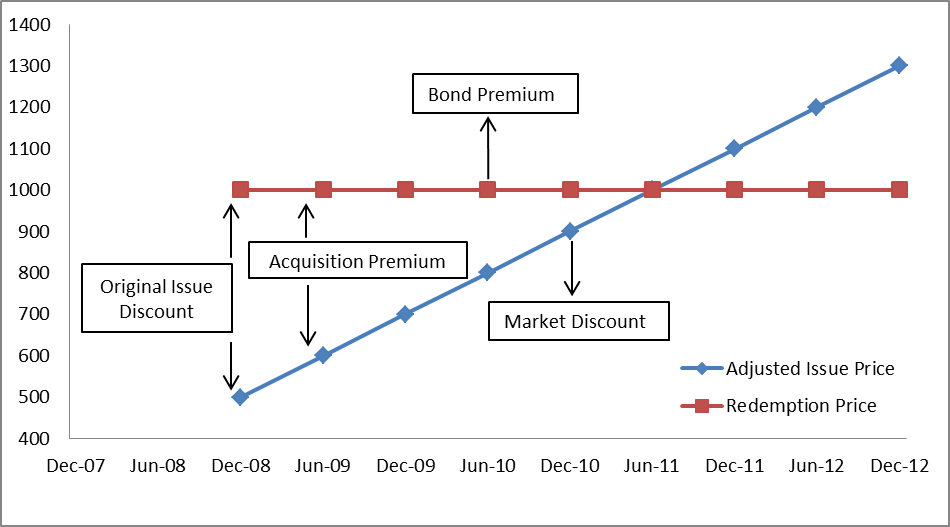What are the Taxes On Bond Mutual Funds
Post on: 25 Апрель, 2015 No Comment

Like with individual bonds, investments in bond mutual funds are taxed based on the type of bond the fund holds. If a bond fund only invests in US Treasuries for example, then you are taxed on interest income at the federal level but not at the state and local level.
In a bond mutual fund you can earn a return, and therefore be taxed on that return, in the following ways. (This of course assumes that you are investing in a non tax-exempt bond fund outside of a tax deferred account such as an IRA):
Interest Payments
The bonds held by a bond mutual fund pay interest, which is paid out to the fund’s investors as a monthly dividend. Like interest payments when you hold an individual bond directly, these “interest dividend” payments are taxed at your ordinary income rate.
Capital Gains on Bonds Held by the Fund
When bonds held by the fund are sold for a profit, they generate a capital gain. When they are sold for a loss they generate a capital loss. Generally once or twice a year, if the fund has made more on the bonds that it has sold than it is lost, these gains are distributed to investors in the fund. If there was an overall gain, you pay tax on it.
If the gain was generated on bonds held for more than 12 months, the gain is taxed at the capital gains rate (15% for most investors). If the gain was generated on bonds held for less than 12 months, the gain is taxed at the ordinary income rate. Your mutual fund statement will show how much of the gain is attributable to which category.
Capital Gains on sales of mutual fund shares
When you invest in a bond mutual fund you do so by buying shares in that mutual fund. The value of 1 share is determined by taking the total value of the investments held by the fund and dividing it by the number of shares that have been issued by the fund. As the value of the investments the fund holds fluctuate in value, so do the value of your shares.
If the price of your shares have increased between the time you bought them and the time you sell them, you incur a capital gain. If you held the shares for less than 12 months, the gain is taxed as income. If you held the shares for more than 12 months it is taxed at the capital gains rate (15% for most investors).
Bond mutual funds that are more tax-efficient seek to match winning trades with losing trades where possible, but also avoid high numbers of trades and therefore avoid high short-term capital gains taxes.
No matter how tax efficient a taxable bond fund is however, because much of the return from the fund is paid out as interest, you are generally going to pay a higher level of tax on bond mutual fund returns, than on returns from stock mutual funds. With this in mind, if you need to make a choice between holding a bond fund or a stock fund in a tax deferred retirement account, it is normally better to have the bond fund in the tax deferred account.
What happens when you sell your shares?
As many people reinvest the capital gains and interest income earned by a bond mutual fund, calculating the tax liability on the fund can get complicated. There are several different methods which can be used, each of which are outlined in the below links:














